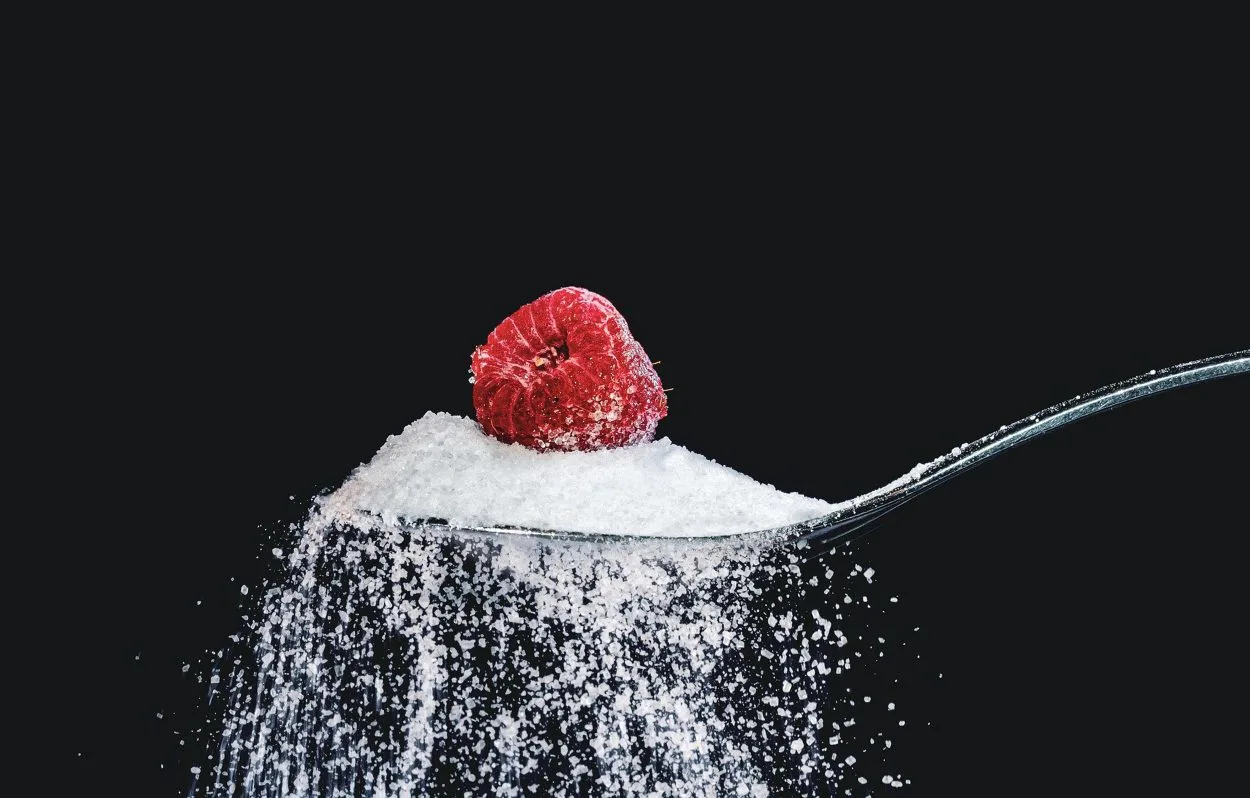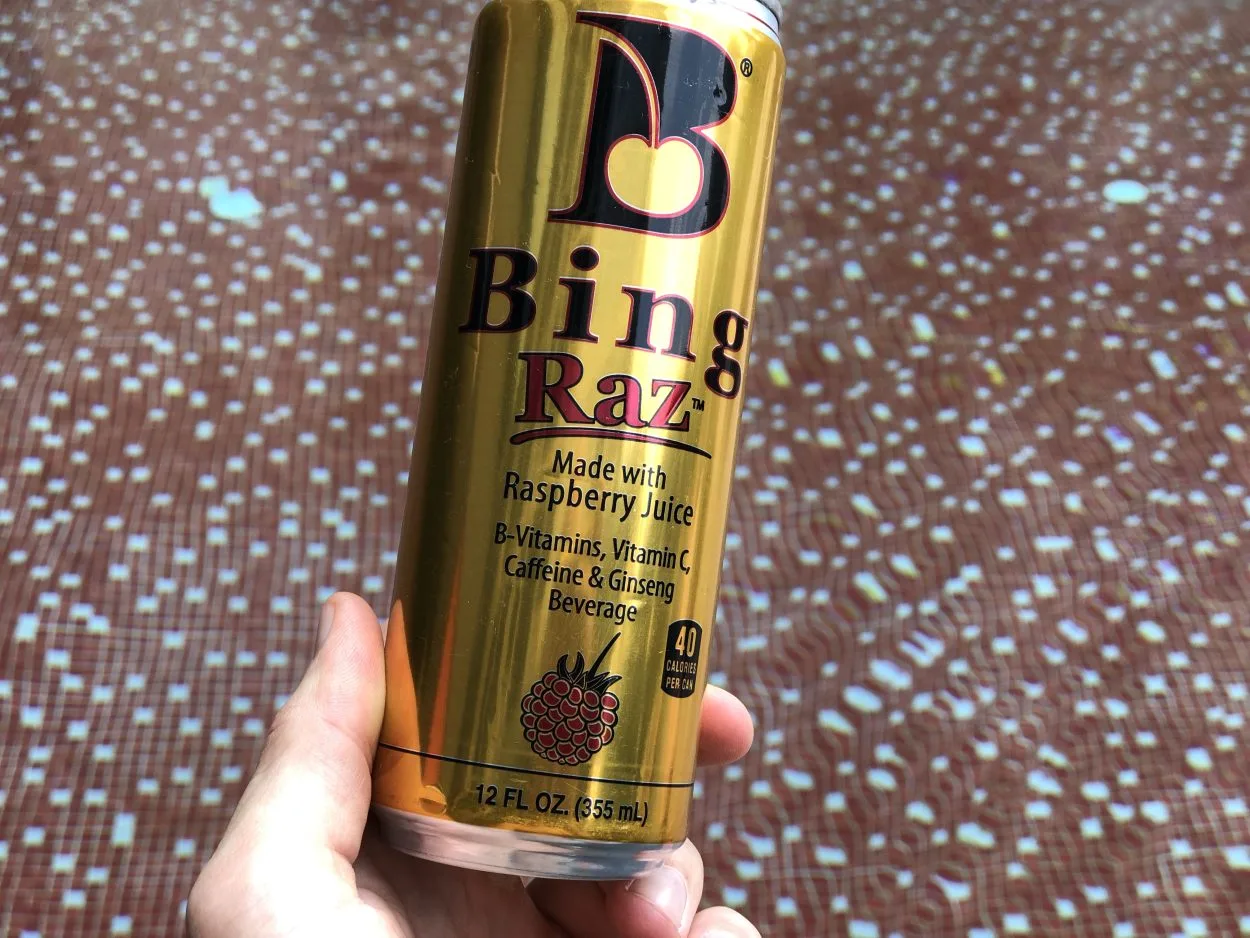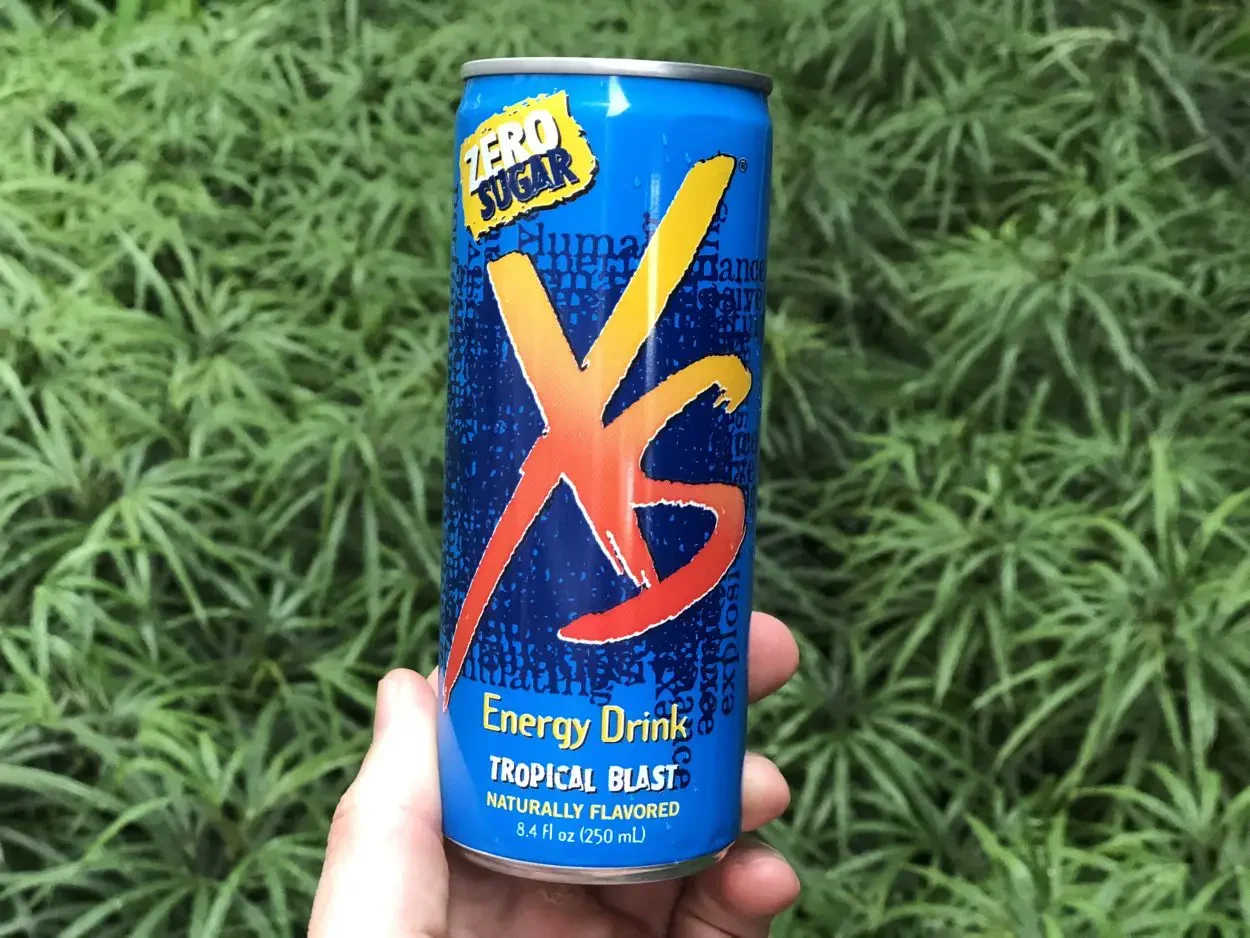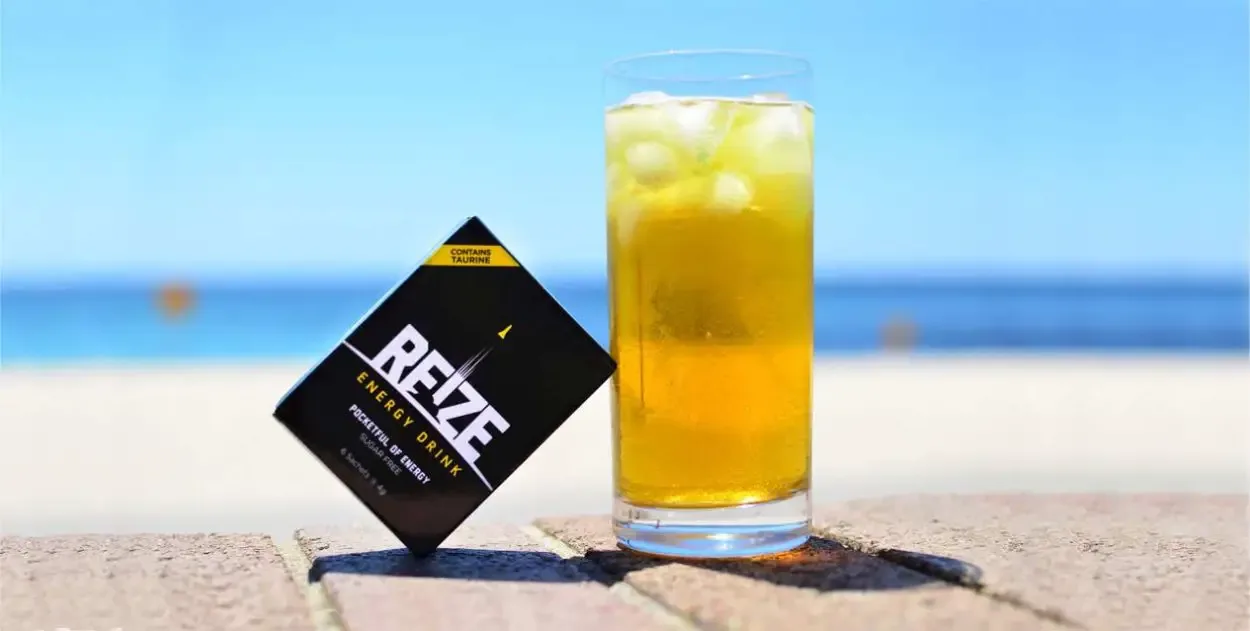We’re all only human, after all, and it can get rather exhausting when you have to choose between being someone who can function without sleep or someone who is adept at multitasking.
It makes sense why energy drinks are so well-liked right now. Because they don’t leave you feeling worn out or lethargic for hours, they are excellent for anyone who needs a quick energy boost to get through the day.
Energy drinks won’t necessarily cause your eyes to turn red. Although caffeine may temporarily impair your vision or give you a tingling feeling in your eyes, it won’t make your eyes burn.
Long-term addiction to high-intake of caffeine might result in allergic reactions, as a symptom of which you might have red/swollen eyes. Also, mixing energy drinks with alcohol can damage your eyes, causing them to go red.
Discuss the causes of red eyes caused by energy drinks in greater detail.
What Causes Red Eyes?
Red eye is a common eye condition that is found in clinical settings. Blood vessels on the surface of the eye are enlarged and irritated, which causes redness.
The majority of red eye concerns are unfounded, but occasionally, a red eye should raise more red flags.
Allergies, dry eyes, excessive contact lens wear, and conjunctivitis are the most typical causes of red eyes.
Less frequent reasons include:
- Rubbing Eye
- Straining
- Blepharitis
- Cough
- Injury
- Medications
If allergies, conjunctivitis, or blepharitis are the underlying cause of your eye redness, you may be able to manage your symptoms at home.
Apply a cool compress over your closed eyes every day to aid with symptoms including redness and swelling.
Decongestants or over-the-counter antihistamines may help lessen eye redness. Artificial tears can be bought over the counter and used to soothe inflamed eyes and remove allergens. Putting them in the fridge can offer added comfort.
Ingredients In An Energy Drink: Effects On Red Eye
Before you can assess the effects of energy drinks, you must first understand their ingredients.
The main ingredients in energy drinks are caffeine, gluten, soy, sweeteners, taurine, glucuronolactone, B vitamins, guarana, ginseng, ginkgo Biloba, l-carnitine, carbs, antioxidants, and trace minerals.
Let’s examine how each of these components impacts or contributes to red eyes as well as how it affects human health.
Sugar

The component in energy drinks that gives them their boost is sugar. This does not suggest that sugar is healthy, though. In actuality, sugar is one of the most hazardous ingredients in energy drinks.
Added sugar can have a variety of harmful consequences on the body, including:
- Obesity
- Acne
- Cancer
- Heart Problems
- Hyperactivity
- Diabetes
While the daily limit for sugar consumption is 24 grams for women and 36 grams for men, respectively, the average energy drink can have between 24 and 29 grams of sugar in it. If you frequently drink energy drinks, consider switching to a sugar-free version.
The microscopic blood capillaries in the eyes can expand, weaken, and potentially leak blood into the vitreous as a result of diabetes-related high blood sugar levels, which are sometimes combined with high blood pressure.
Gluten
The inability to digest or absorb the protein contained in wheat, barley, and rye is known as gluten sensitivity. Its effects on the body might range from mild gastrointestinal discomfort to serious disease.
As a result, those who have gluten sensitivity frequently feel better when they stay away from all foods made from these grains, such as bread, pasta, and cereal.
Red eyes, hives, rashes, and a host of other severe symptoms, including:
- Abdominal pain
- Anemia
- Bloating
- Brain fog, or trouble concentrating
- Depression
- Diarrhea or constipation.
- Fatigue
- Red eyes
Soy

The most popular meat substitute worldwide is soy. Additionally, vegetarians, who make up the second-largest population in the world, rely heavily on it for protein.
From tofu and soy milk to soy burgers and soy cheese, soy is a common ingredient in a variety of goods. One of the most widely grown crops on the entire planet.
The most typical allergy in the world is soy. People may consequently acquire a soy allergy. The body responds to the proteins in soy, making it a sort of food allergy.
This reaction might be modest, like a rash or itching, or severe, like the potentially fatal allergic reaction known as anaphylaxis. Most people are unaware of their soy allergy.
They frequently manifest as a skin rash or as a painful reaction in the mouth, nose, or throat.
Some energy drinks use soy as a protein source and are suitable for vegans. People who are allergic to soy may experience adverse responses from such drinks, and such energy drinks may result in red, itchy, and swollen eyes. Most people are unaware of their soy allergy.
Can Caffeine Cause A Red Eye?

Caffeine is not an allergen for everyone. However, some people may be allergic to caffeine, and this could result in red eyes.
Many goods and foods contain the chemical caffeine. It affects the body in numerous ways, including acting as an energy stimulant. Having said that, some persons could experience allergies to caffeine as a result of dietary allergies.
When exposed to caffeine, those who have allergies experience a variety of symptoms, such as runny noses, itchy eyes, and watery eyes.
It’s better to either limit or altogether avoid consuming large doses of caffeine. The FDA has stated that for healthy persons, 400mg per day—roughly four or five cups of coffee—is a level that is not typically linked to harmful, adverse effects, which are:
- Rapid Breathing
- Insomnia
- Anxiety, Depression
- Kidney Stones
- Liver Problem
- Headache
- Mood Swings
- Sweating
- Death
Do Energy Drinks Affect The Eye?
Yes, energy drinks can affect the eyes.
Some energy drinks include large amounts of sugar and caffeine, which are known to cause blood sugar levels to rise and cause eye twitching or impaired vision.
Additionally, coffee can make gastric fluids more acidic, which could result in a burning sensation and finally create tingling red eyes.
Energy drinks also raise blood pressure, which is directly linked to eye problems like retinal damage and eye hemorrhage.
Avoid: Foods That Cause Allergic Reactions

Many of the substances in energy drinks are not suitable for everyone. The body reacts to particular foods by causing symptoms including a rash, itching, and swelling, which is a common and frequently deadly illness known as food allergies.
Some people are inherently allergic to many different foods, whilst others are merely sensitive to a small number.
IgE allergies, which are the most prevalent food allergies, are identified by the presence of certain antibodies known as IgE in the blood and other bodily fluids.
Its symptoms are:
- Hives
- Red Eye
- Itchiness
- Congestion
- Throat Tightness
Foods that cause allergic reactions should be avoided when in large quantities are:
- Milk
- Dry Fruits
- Beef
- Sea Food
- Chicken
Can Energy Drinks Cause Red Eye?
Everyone is aware of the popularity of energy drinks. Some of us even find it difficult to begin the day without a can of caffeinated energy drink, but I wouldn’t advocate or suggest doing this.
Energy drinks contain a variety of substances, not all of which are well-tolerated by those who drink them.
Due to sensitivity, allergies, or intolerances people may have to the components present in the drinks, some energy drinks might induce allergies such as red eyes.
It’s always advised to consume anything, even energy drinks, after reading the product’s nutrition label.
Energy Drinks With Low Caffeine
Bing

120mg of caffeine and 9g of sugar are both included in a 12 fl. oz. can of Bing Energy Drink. This isn’t a ridiculous quantity by any means; it’s roughly similar to the amount of caffeine found in 1.25 cups of coffee.
Bing has a pleasant flavor in addition to having a moderate amount of caffeine. If you enjoy berry-based flavors, you might want to give Bing a try.
XS

With only 80mg of caffeine and no added sugar, this tiny 8.4 fl. oz. can of XS Energy Drink has a decent dose of caffeine.
You will never run out of flavor possibilities with XS Energy Drink because there are two caffeine-free options available among the other 18 tastes.
If you don’t want to experience a crash after drinking an energy drink, caffeine-free choices may be a nice option for you.
REIZE (My Fav)

Conclusion
- There are numerous additional reasons why people have red eyes, and none of them are related in any way.
- However, if a person is prone to this symptom, it is still possible that the caffeine in energy drinks will make their eyes bloodshot.
- Caffeine can cause jitteriness, nervousness, and irritability in certain people.
- You should be cautious about how much energy drink you take if you are already sensitive to caffeine or if you have heart disease or high blood pressure.
- If you take medication for certain illnesses, you might wish to stay away from them entirely.
Other Notable Mentions
Related Articles
Click here to view the Visual Story Version of this Article.

